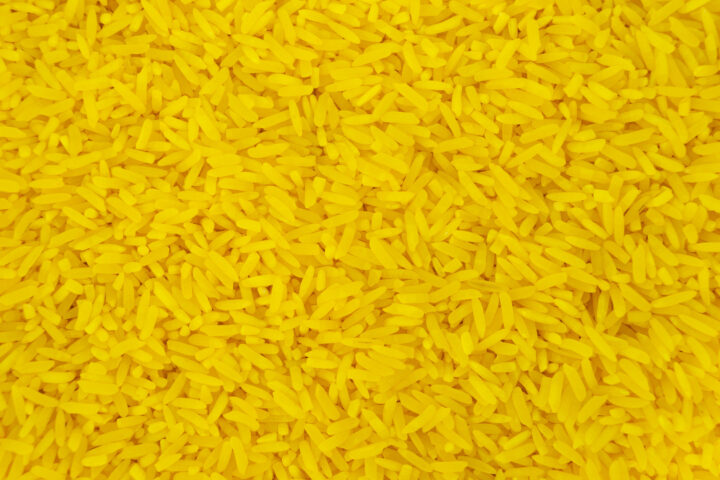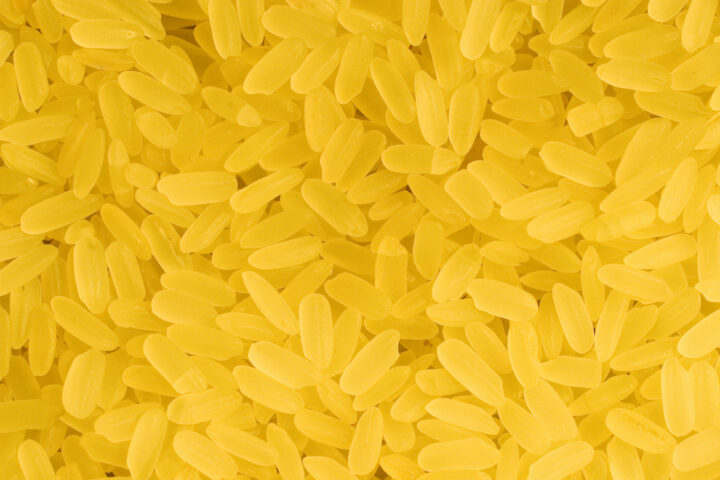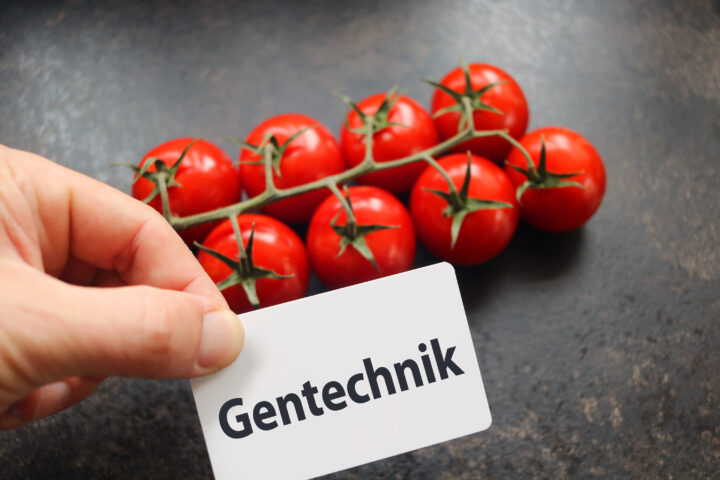
«Thousands of children could die»
The ban on Golden Rice continues to make waves. More and more scientists are speaking out and denouncing the decision. The talk ranges from «alarming» to «catastrophe» to «dying children».
Thursday, June 20, 2024
The ban on genetically modified plants such as Golden Rice in the Philippines, which was the first country to authorise their cultivation, triggered a veritable storm of indignation. Scientists warned of catastrophic consequences: «Thousands of children could die.»
The fact that the cultivation of Golden Rice is to be stopped is alarming. After all, it was developed to combat vitamin A deficiency, which is one of the main causes of disability and death in children in many parts of the world. There is a huge vitamin A deficiency in developing countries in particular. It is estimated that more than 100'000 children die every year.
Golden Rice as a lifesaver
While Greenpeace, which brought about the ban, has not proven the safety of Golden Rice, for many others Golden Rice is a lifesaver.
The criticism of the ban continues: «The court's decision is a disaster», said Professor Matin Qaim from the University of Bonn and member of the Golden Rice Humanitarian Board. «It completely contradicts the scientific evidence, which has found no evidence of risk associated with golden rice, and will result in thousands upon thousands of children dying.»
Adrian Dubock, another board member, echoes this sentiment: «The situation is extremely alarming.» Golden Rice was never grown for profit. «It was done to save lives.»
«Not a single case of negative consequences»
In addition to the scientific community, the Philippine government also opposes the decision. It has already challenged the ban and is likely to be successful. However, the Golden Rice ban will probably not remain without consequences. Countries such as India and Bangladesh, where vitamin A deficiency is also a major issue, had considered growing Golden Rice, but are now likely to abandon the project.
A development that is particularly regrettable in view of the fact that Golden Rice has been categorised as safe in countries such as America, Australia and New Zealand.
As numerous scientists also see other transgenic crops under threat alongside Golden Rice, more than 150 Nobel Prize winners signed an open letter back in 2016 attacking Greenpeace for its campaigns against Golden Rice and other genetically modified plants. The letter stated that Greenpeace had «misrepresented the risks, benefits and effects» of genetically modified food crops and that there was «not a single confirmed case of negative health consequences for humans or animals».
The Golden Rice ban will probably be lifted. Nevertheless, an innovative technology that has been proven to have the potential to save the lives of thousands of children and prevent great suffering continues to be delayed. An anti-gentech campaign before children's lives – that seems cynical.
Sources
Kindly note:
We, a non-native editorial team value clear and faultless communication. At times we have to prioritize speed over perfection, utilizing tools, that are still learning.
We are deepL sorry for any observed stylistic or spelling errors.
Related articles

Finally, a golden age for golden rice
The World Health Organization (WHO) estimates that worldwide, as many as 500,000 children go blind every year due to a lack of vitamin A. Roughly half of them die within 12 months of losing their sight. This miserable situation could be greatly eased if the affected children had access to an inexpensive, everyday food containing an adequate amount of vitamin A.

Philippines: Farmers Harvest the First Golden Rice
The world’s first Golden Rice harvest recently took place in the Philippines. The rice is enriched with a beta carotene gene, which can be converted into vitamin A in the human body. The aim is to bring an end to the widespread vitamin A deficiencies in developing countries. But there has been and still is massive resistance to growing it.

Science resists ban on GMO crops
The Supreme Court in the Philippines wants to stop the cultivation of genetically modified plants Golden Rice and Bt aubergine (Bacillus thuringiensis). This is anything but well received by the government and the scientific community: The ban could jeopardise the country's food security.

ARTE documentary: Genetic engineering in organic farming?
The ARTE documentary “Genetic engineering in organic farming?” examines key controversial questions of modern agriculture: Is the general exclusion of new breeding technologies still up to date? Can the resistance of organic farming be justified scientifically?

The Great Suffering of Farmers
Fire blight, Japanese beetles, or grapevine yellows – farmers in Valais, too, are increasingly feeling helpless in the face of the threats posed by nature. More and more often, they lack the means to effectively protect their crops. This makes it all the more important for the Federal Council to place a pragmatic balancing of interests at the forefront when setting threshold values.

'Tomatoes on your eyes'
The submitted “Food Protection Initiative” calls for “GMO-free food.” Leaving aside this illusory demand, its adoption would mean more bureaucracy, more trade barriers, and less innovation. The Swiss Farmers’ Union describes the proposal as “unnecessary” and warns of a setback to the goal of achieving an even more sustainable agriculture.

How our daily lives end up in the water
When residues in our waters are discussed, agriculture is often portrayed as the main culprit. Yet a closer look shows that the sources are diverse and often much closer to everyday life than assumed.

